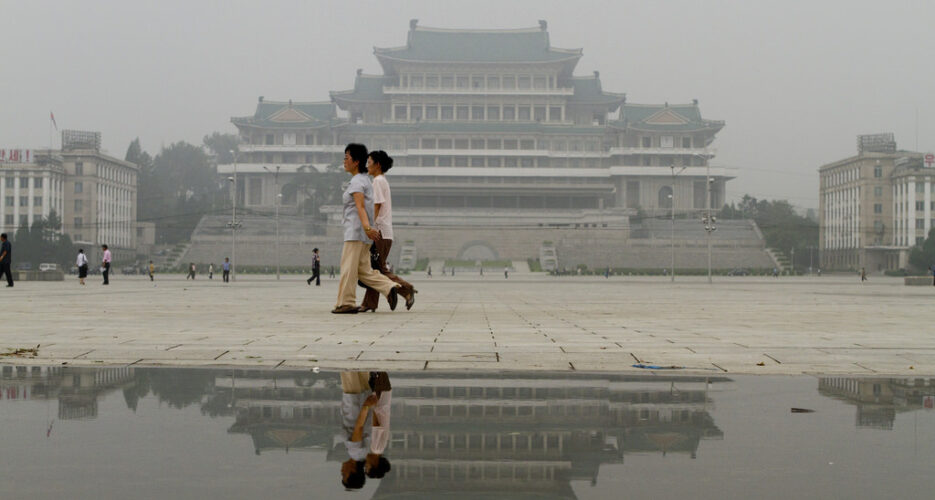When the international media writes about North Korea, it habitually claims that the country is “run by a hereditary elite, who enjoy a life of privileges and luxury”. Well, to an extent, this statement is correct: few people would doubt that the North Korean elite is hereditary, and social mobility in the country is close to zero.
Nonetheless, these oft-repeated claims still need qualifications and caveats – especially when we are talking not about present day North Korea and its increasingly corrupt and market-oriented elite, but about their parents and grandparents who ran the country for nearly half a century during the Kim Il Sung era.
When the international media writes about North Korea, it habitually claims that the country is “run by a hereditary elite, who enjoy a life of privileges and luxury”. Well, to an extent, this statement is correct: few people would doubt that the North Korean elite is hereditary, and social mobility in the country is close to zero.
Nonetheless, these oft-repeated claims still need qualifications and caveats – especially when we are talking not about present day North Korea and its increasingly corrupt and market-oriented elite, but about their parents and grandparents who ran the country for nearly half a century during the Kim Il Sung era.
Try unlimited access
Only $1 for four weeks
-
Unlimited access to all of NK News: reporting, investigations, analysis
-
Year-one discount if you continue past $1 trial period
-
The NK News Daily Update, an email newsletter to keep you in the loop
-
Searchable archive of all content, photo galleries, special columns
-
Contact NK News reporters with tips or requests for reporting
Get unlimited access to all NK News content, including original reporting, investigations, and analyses by our team of DPRK experts.
Subscribe
now
All major cards accepted. No commitments – you can cancel any time.











